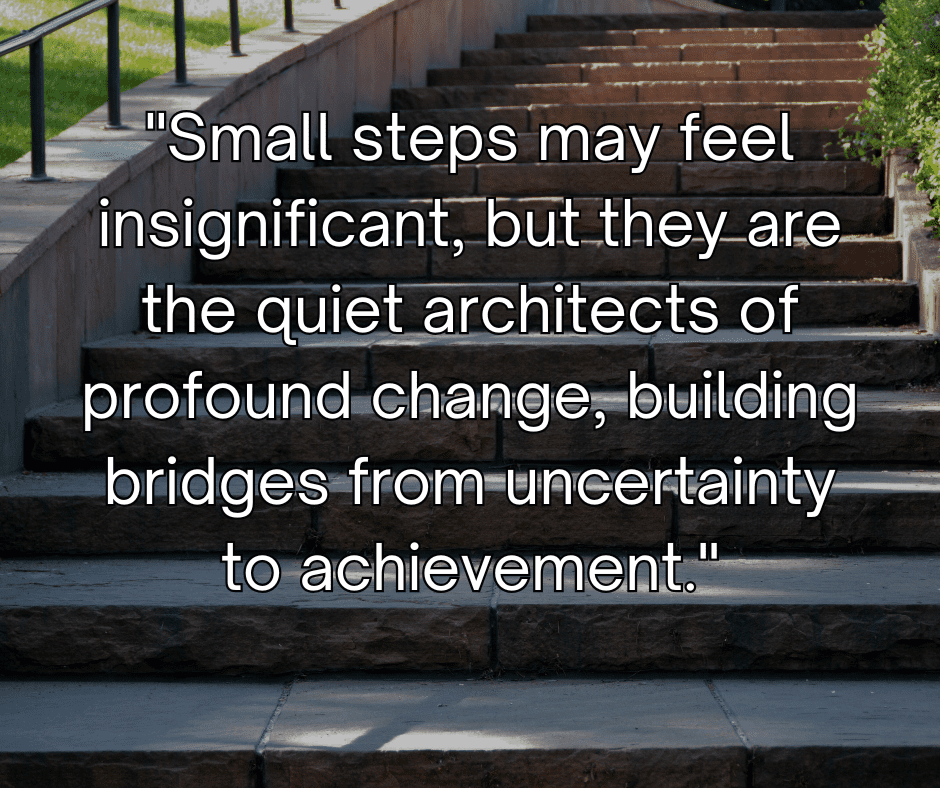Last Updated on January 2, 2025 by Subject Of Life
If you are feeling hopeless and want to give up, you must build some habits that will help you cultivate hope and resilience. Building hope and resilience in your everyday life is all about creating simple habits that help you stay positive and tackle challenges with confidence. These small, consistent practices can boost your mental and emotional well-being, making it easier to bounce back when things get tough.
Whether it’s taking a moment for mindfulness, jotting down something you’re grateful for, or setting small, achievable goals, these habits lay the groundwork for a hopeful and resilient mindset. Over time, they bring a sense of stability and purpose to your days, helping you feel more grounded and ready to face whatever life throws your way.
5 Habits You Can Develop To Cultivate Hope And Resilience

1. Gratitude
Cultivating a habit of gratitude shifts your focus from what’s lacking in your life to the positive aspects you may otherwise overlook. It fosters a sense of contentment and helps build a hopeful outlook by reinforcing the good that exists around you, even during challenging times. Gratitude has been shown to reduce stress, deepen personal relationships, and improve overall mental health—all elements that enhance resilience.
Start by setting aside a few minutes each day to reflect on three things you’re grateful for. These can be as small as a warm cup of coffee or as significant as a supportive friend. You can write them down in a journal, share them with a loved one, or simply meditate on them silently. Consistency is key, so find a method that integrates seamlessly into your daily routine to make it stick.
Gratitude is most effective when practiced regularly. Incorporate it into your mornings to set a positive tone for the day, or reflect in the evenings to process and appreciate positive moments before bedtime. Some people find it helpful to tie this habit to an existing routine, such as after brushing their teeth or during a meal.
One couple I know always recites three things they are grateful for to each other after they get into bed.
This habit of gratitude, even when life sucks, is for everyone. Whether you’re navigating significant life challenges or simply striving for a more hopeful perspective, gratitude is a universally beneficial practice. It can be especially impactful for individuals looking to cultivate deeper resilience, as it helps build a mindset that recognizes personal strength and external support systems. Gratitude not only uplifts you but also strengthens bonds with others, amplifying its positive effects in your life.
2. Establish A Morning Routine
A morning routine lays the foundation for a productive and uplifting day. It provides a sense of structure and intention, helping combat the feelings of uncertainty or chaos that can arise from a lack of direction.
By incorporating activities that promote hope and resilience—such as mindfulness, affirmations, or exercise—you start each day with a positive mindset. Morning routines also reinforce habits of self-care, ensuring you prioritize your mental and emotional well-being.
Start by identifying activities that bring you peace, focus, and motivation. Popular choices include gratitude journaling, stretching, meditating, or setting intentions for the day ahead. These practices don’t need to be lengthy or complicated—consistency matters more than duration.
Begin with manageable steps, like waking up 15 minutes earlier to make time for a mindful moment. Simplify the process by preparing the night before, such as laying out your journal or planning your morning walk.
Mornings, particularly the first hour after waking, are an ideal time to establish a routine. This period shapes the tone of the day, allowing you to approach tasks and challenges with clarity and optimism.
Anyone can benefit from starting the day with a structured routine, but it can be especially impactful for those experiencing stress or seeking greater resilience. A morning routine is versatile, accommodating different lifestyles and priorities. If you’re a busy professional, a parent, or a student, a well-designed routine can help balance responsibilities while fostering inner calm and focus. Tailor your routine to meet your unique needs, ensuring it reflects your values and goals.
3. Engage In Physical Activity
Physical activity is a powerful tool for cultivating hope and resilience. It enhances mental health by releasing endorphins, which improve mood and reduce stress or anxiety.
Regular exercise also fosters a sense of accomplishment and self-efficacy, showing that you are capable of overcoming challenges. Engaging in physical activity can be a grounding experience that helps shift focus from worries to the present moment, promoting a positive outlook.
The best time to engage in physical activity is whenever it fits seamlessly into your daily routine. For some, this may be early mornings, offering an energizing start to the day. For others, evenings might provide a space to unwind and reflect. The key is to find a consistent time that works for you, ensuring you can prioritize movement without adding unnecessary stress to your schedule.
You don’t need a rigorous gym regimen to reap the benefits of physical activity. Start small with initiatives like daily walks, yoga stretches, or light jogging. Choose activities you enjoy to maintain motivation and consistency. Set achievable goals, such as committing to 20 minutes a day, and gradually increase intensity as your confidence builds. Group activities, such as joining a running club or fitness class, can also provide a sense of community and accountability.
Anyone can benefit from physical activity, regardless of age, fitness level, or lifestyle. It is particularly valuable for those feeling overwhelmed, anxious, or stuck, as it fosters hope by boosting energy and improving focus. Whether you are a busy professional, a parent navigating responsibilities, or someone recovering from a challenging period, physical activity empowers you to strengthen both your body and your mind, enhancing resilience and optimism in the face of adversity.
4. Connect With Positive People
Building connections with supportive people is a powerful way to cultivate hope and resilience. Surrounding yourself with those who encourage and uplift you creates a safe environment where vulnerabilities are acknowledged and met with understanding. Such relationships can provide perspective during challenging times, helping you see solutions or silver linings that might otherwise go unnoticed.
Meaningful connections can be fostered at any stage of life, but they are especially vital when facing uncertainty or adversity. Reaching out in moments of difficulty doesn’t indicate weakness; instead, it demonstrates self-awareness and a willingness to grow. Even brief interactions, such as regular check-ins with a trusted friend or mentor, can make a profound difference in maintaining optimism.
Connecting with others doesn’t have to feel daunting, even if your shy. You can start by engaging in shared activities, joining support groups, or reconnecting with old friends. Seeking out environments where people share similar interests or experiences naturally creates opportunities for deeper bonds. It’s also important to actively listen and open up about your own experiences, as building trust is a two-way process.
Supportive people come in many forms—friends, family, colleagues, or members of your community.
There’s no perfect formula for finding the “right” people; the key is to prioritize relationships that make you feel valued and understood. Whether it’s a close family member who always offers a kind word or a new acquaintance who shares a common goal, these connections lay the foundation for resilience and a brighter outlook on life.
5. Set Small Achievable Goals
Setting small, achievable goals can be a powerful tool for fostering hope and resilience. These goals provide a sense of purpose by breaking down overwhelming tasks or challenges into manageable steps. When life feels uncertain or daunting, the act of setting and accomplishing even minor objectives can reignite motivation and demonstrate that progress is possible, no matter how small.
This approach is particularly effective during times of adversity or transition. When larger ambitions seem out of reach, focusing on smaller milestones allows you to maintain forward momentum. These incremental accomplishments serve as reminders that growth often happens gradually, encouraging patience and perseverance.
To begin, identify goals that are realistic and specific. For instance, rather than resolving to “be healthier,” commit to something actionable, like taking a 10-minute walk each day or drinking more water.
Writing down your goals and tracking your progress helps to clarify your intentions and provides a visual representation of your efforts, which can further boost your confidence.
The support of others can also play a key role in this process. Sharing your goals with people you trust—whether friends, family, or mentors—not only adds accountability but also fosters encouragement along the way. These connections can help celebrate your victories, however small, and provide guidance when obstacles arise, reinforcing your ability to stay on course.





